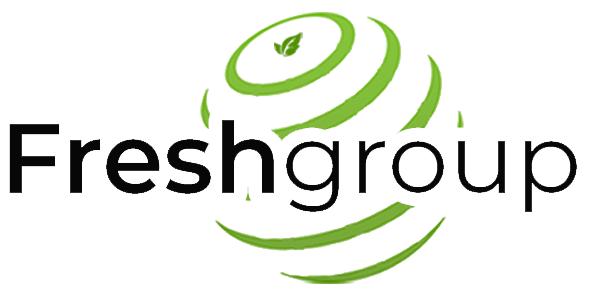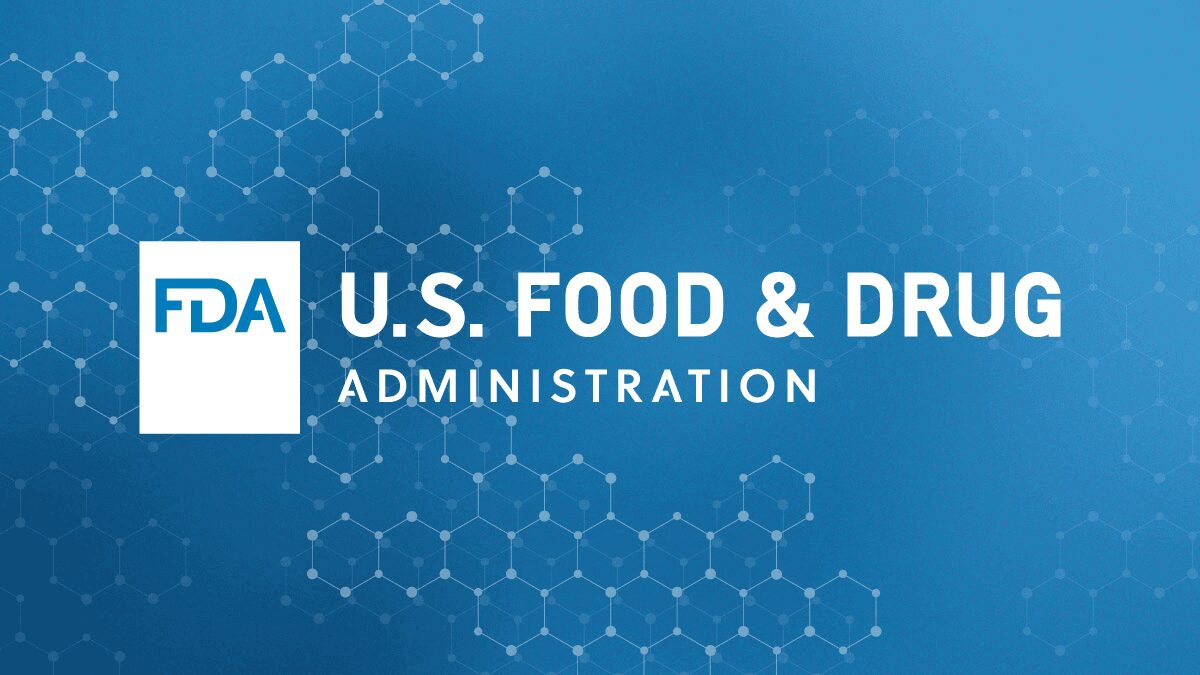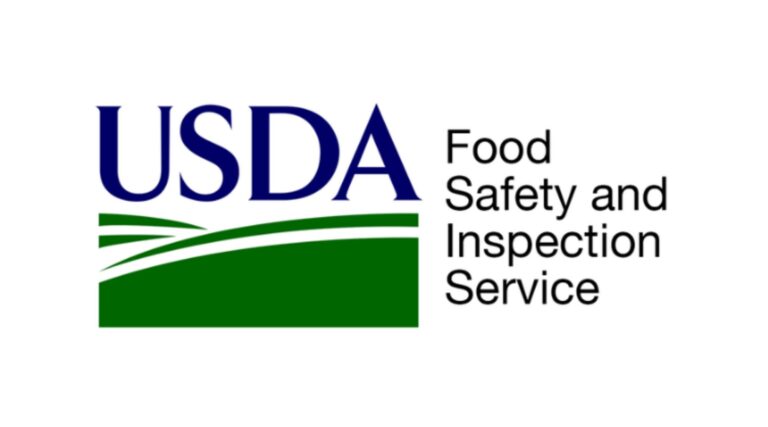The food safety system in the United States is one of the best and most robust in the world, having three federal bodies, the Food and Drug Administration (FDA), the USDA Food Safety and Inspection Service (FSIS), the Centers for Disease Control and Prevention (CDC) in control of its food safety. As a food business operator, it is important to understand the roles these regulatory bodies play in the United States food safety system and how that impacts your business operations regarding food safety and quality.
In this article, we will learn who the FDA is, what role the FDA plays in food safety and FDA registration and inspection requirements.
Who is the FDA?
The FDA is a long-standing U.S. agency under the Department of Health and Human Services. Its main mission is protecting public health by ensuring the safety and effectiveness of various products, including food, drugs, medical devices, and cosmetics. It achieves this through setting standards, reviewing new products, conducting inspections, monitoring safety, and educating consumers. The FDA’s work also has an international influence on food safety practices, and the FDA is responsible for overseeing roughly 80% of the U.S. food supply (excluding meat, poultry, and egg products). Understanding the FDA and its jurisdiction in the food industry is crucial for your food business because compliance with their regulations helps you avoid fines, legal actions, or business closures; and ensures consumer safety by protecting customers from food-borne illnesses, which builds trust and a positive reputation; allows smooth navigation of interstate commerce by adhering to market access requirements; and prepares you for inspections and recall procedures, minimizing disruptions and enabling swift responses to food safety issues.
FDA Role in Food Safety
The FDA wields significant authority over most food products in the United States, acting as a safeguard for public health by setting science-based regulations for food safety, including guidelines for food additives to ensure their safety and proper use; guidelines for labelling to provide clear and accurate ingredient, nutritional, and allergen information; guidelines for manufacturing practices to establish hygienic production environments, and sanitation to minimize contamination risks. The FDA also enforces these rules through inspections of food processing facilities, issuing warnings or taking legal action for violations, and ordering recalls or withdrawals of contaminated or mislabeled products, ensuring the safety and quality of the food you provide as a food business owner. It’s important to note that the regulation of meat, poultry, and egg products falls outside the jurisdiction of the FDA.
How to Register Your Business with the FDA
Not all food businesses require registration with the FDA; farms, restaurants, and retail establishments selling food directly to consumers generally don’t need to register, but if your business manufactures, processes, packs, or holds food for human or animal consumption in the United States, you likely need to register with the FDA before you begin operations; if you require registration, you’ll need to obtain a Dun & Bradstreet Universal Numbering System (DUNS) number, gather necessary details about your facility including the address, type of food products handled, and contact information, and register online using the FDA’s CFSAN Online Submission Module (COSM); additionally, food facility registrations need to be renewed every two even-numbered years between October 1st and December 31st, typically involving updating your facility information through the COSM system.
What you should know About FDA Inspection
The FDA inspection of your food facility is a critical process to ensure compliance with food safety regulations and protect public health; its primary purpose is to verify that you are following the required rules to ensure that your food is safe, sanitary, and properly labelled, covering various aspects of food production including assessing whether you follow Good Manufacturing Practices (GMPs), evaluating cleanliness and sanitation practices to prevent contamination, ensuring that product labels are accurate and compliant with FDA regulations, reviewing your Hazard Analysis and Critical Control Points (HACCP) plan to identify and control food safety hazards, and checking your records for traceability, ingredient sourcing, and compliance with food safety plans.
During an FDA inspection of your food facility, inspectors review the facility’s inspection history and prepare for the visit, meet with your management team to explain the purpose and scope of the inspection, tour your facility to observe operations, review documentation, and interview staff, collect samples of food products, ingredients, or environmental swabs for laboratory analysis, and examine records related to food safety, sanitation, and compliance with regulations; they then summarize their findings, discuss any observed violations, and outline next steps, including possible corrective actions; possible outcomes include no action indicated (NAI) if you are in compliance, voluntary action indicated (VAI) for minor violations that you should address voluntarily, or official action indicated (OAI) for significant violations that may lead to enforcement actions such as warning letters, fines, or facility shutdowns; post-inspection actions may involve addressing any identified violations, undergoing follow-up inspections to ensure compliance, and in severe cases, facing legal action from the FDA.
Stay ahead in the industry by consulting with Fresh Group. Our dedicated team helps you navigate the FDA registration and requirements, prepare for inspections, and keep you updated on the FDA regulatory developments and changes. Get in touch today!
FSQ Writer: Oluwatobi Eniyandunmo
Reviewed by: Raphael Samson
Kindly reach out to Fresh Group Food Safety And Quality Consulting for any food quality and safety inquiries.




